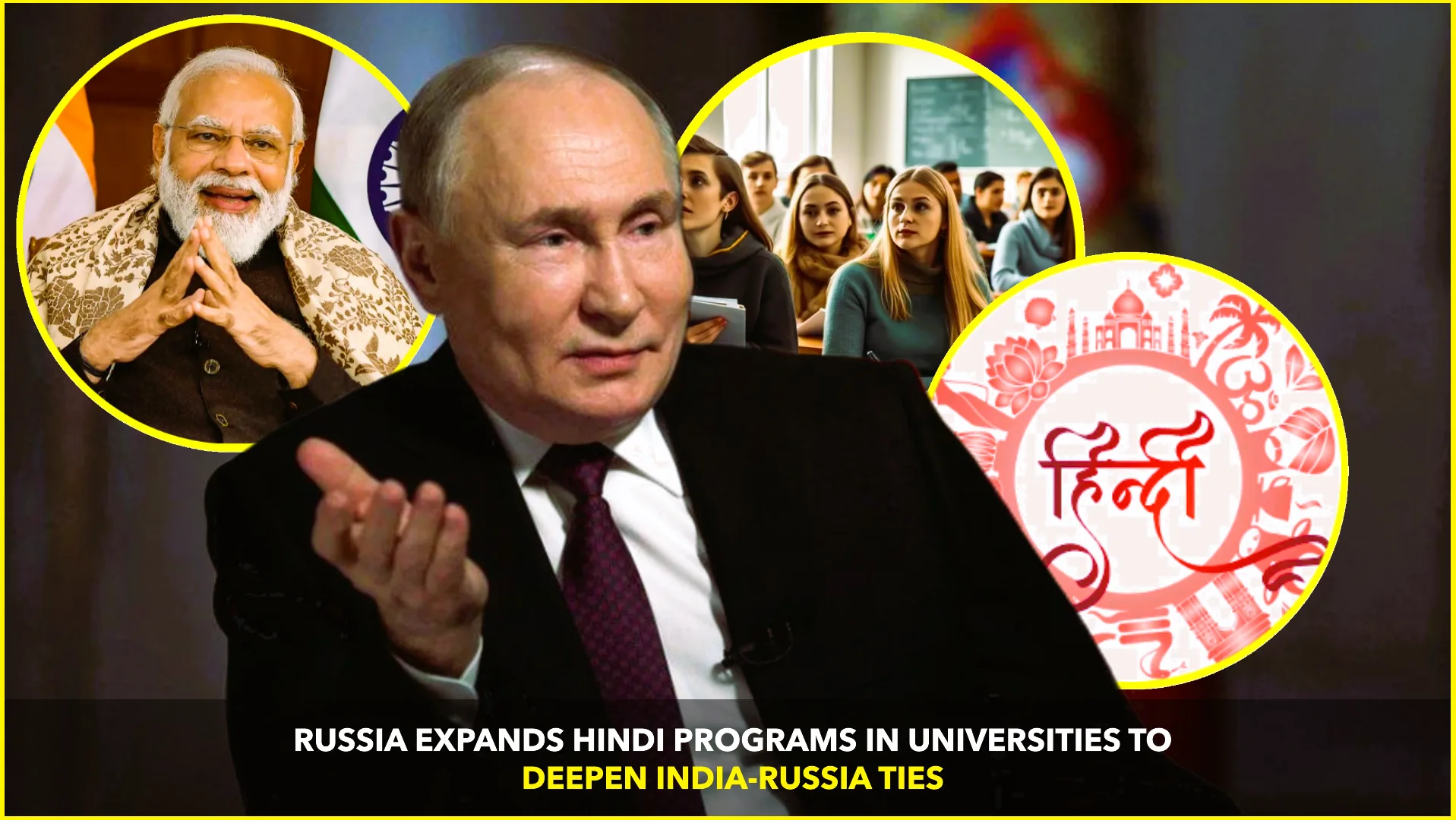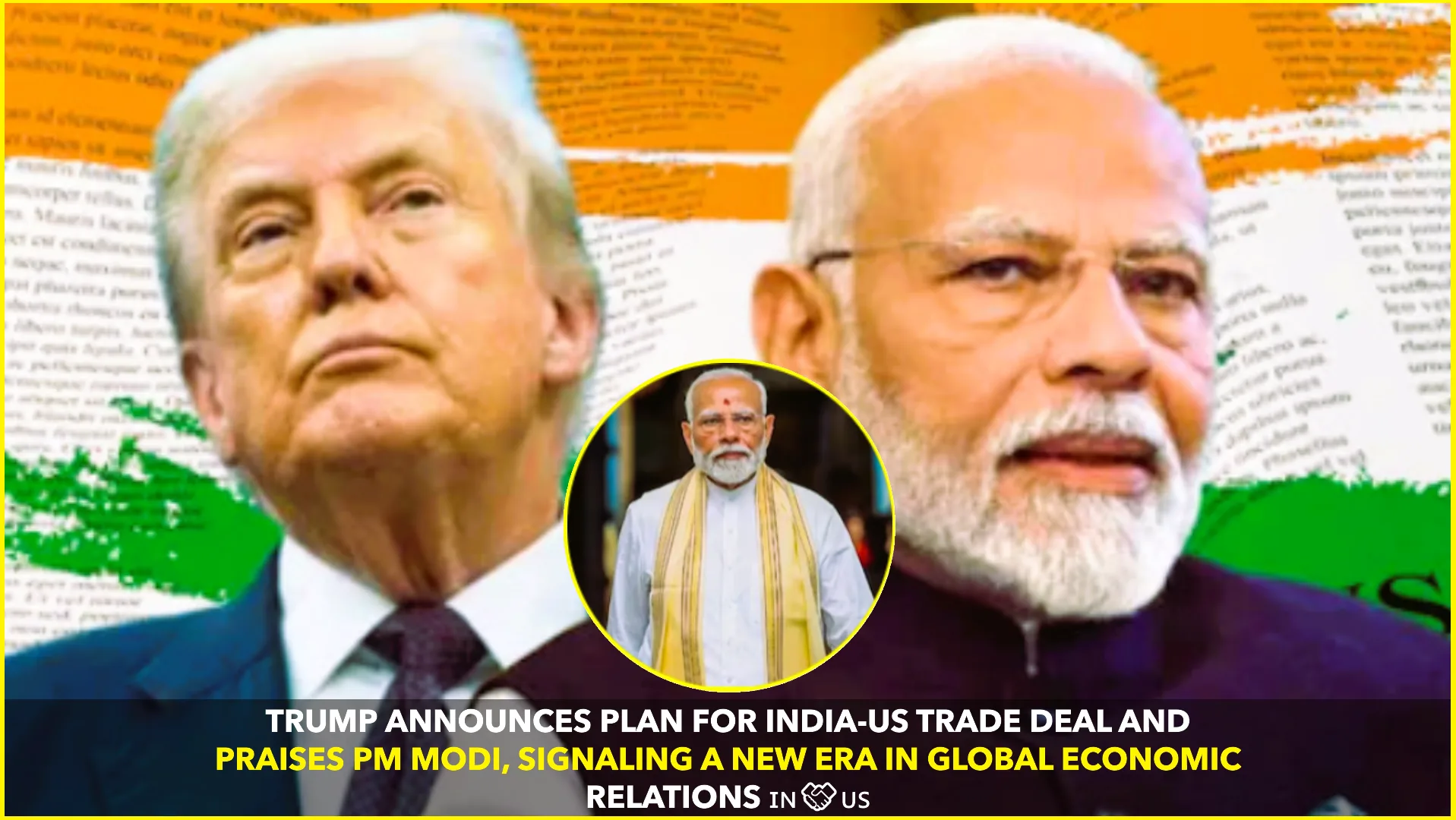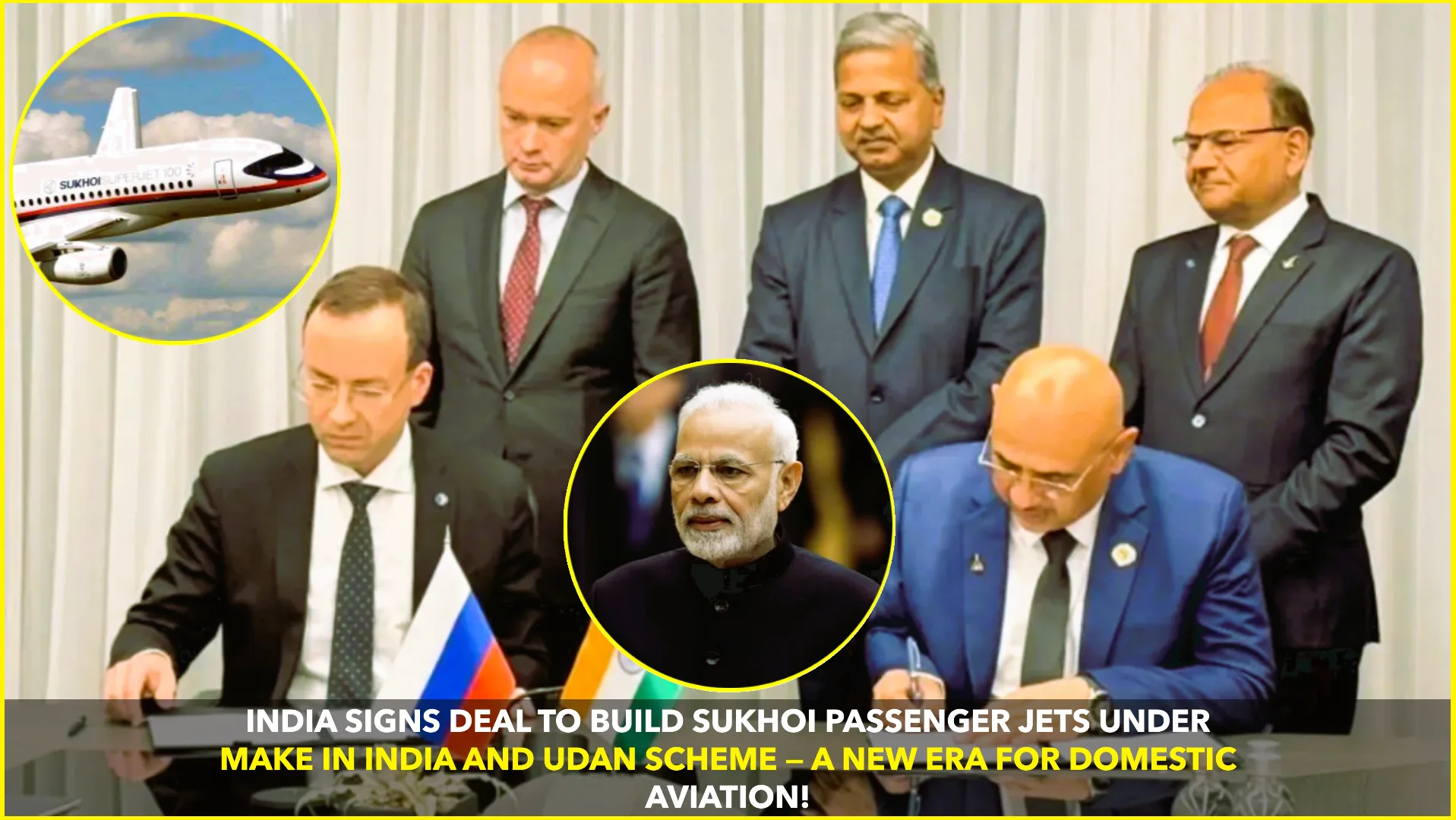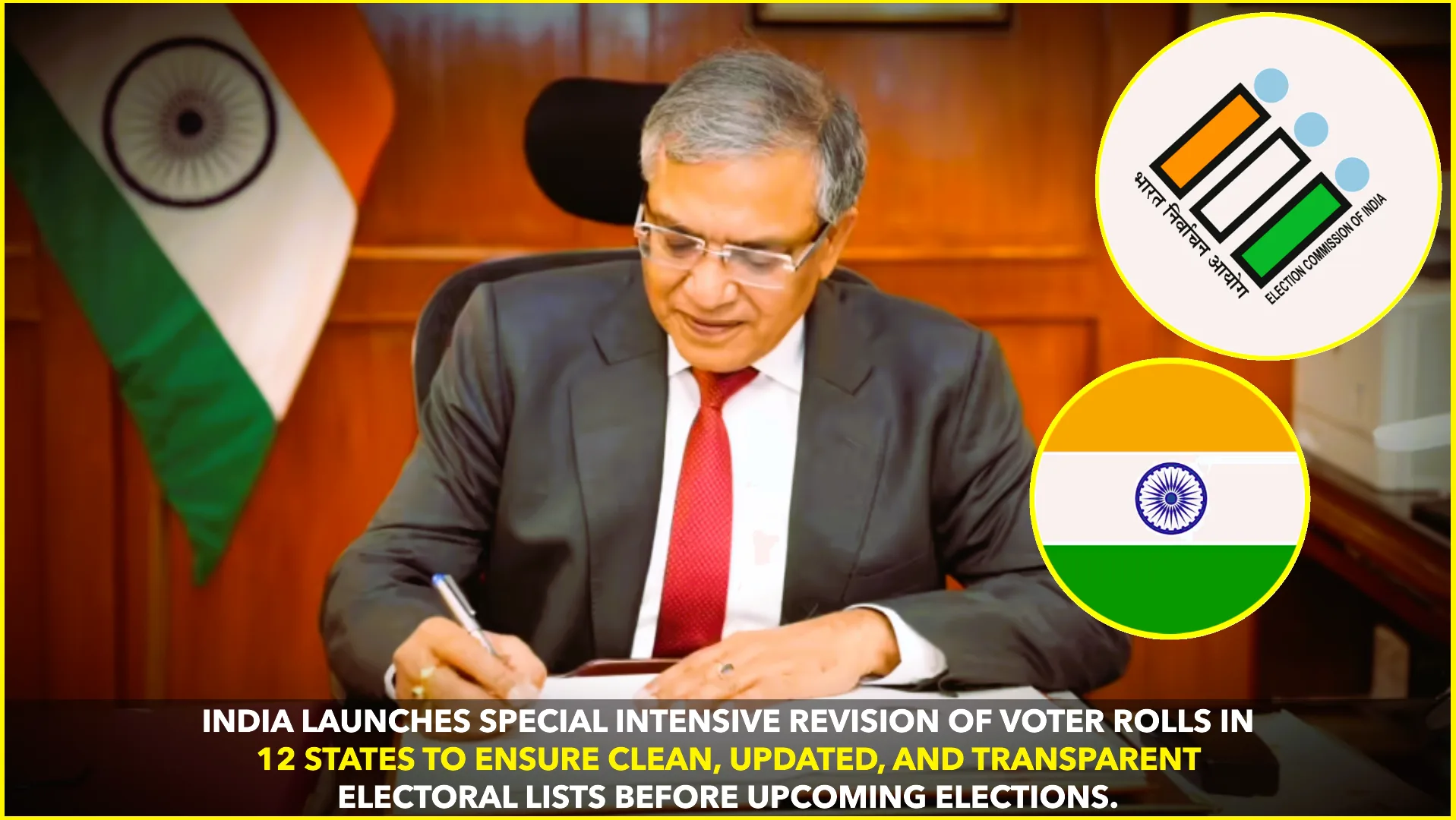Russia’s Deputy Minister of Science and Higher Education, Konstantin Mogilevsky, has called for a broad expansion of Hindi language programs in Russian universities. He emphasised that India is now the world’s most populous country and many Indians use Hindi more often than English in daily life, making the language a key bridge for deeper academic and cultural exchange www.ndtv.comThe Logical Indian.
At major Moscow institutions—including MGIMO, RSUH, the Institute of Asian and African Studies at Moscow State University, and Moscow State Linguistic University—Hindi enrollments have surged. Mogilevsky reported that class group sizes have doubled or tripled in recent semesters. Beyond Moscow, universities in St. Petersburg and Kazan are also reporting increased demand for Hindi courses The Logical IndianDaijiworld.
This initiative comes amid a backdrop of expanding diplomatic and economic cooperation between India and Russia. India has become a major buyer of Russian oil since 2022—drawing global attention—while the two countries continue to coordinate in forums such as the Shanghai Cooperation Organisation (SCO). In August 2025, External Affairs Minister S. Jaishankar described India–Russia relations as among the most stable global partnerships since World War II. Meanwhile, the Kremlin confirmed that President Vladimir Putin will visit India in December 2025, further cementing bilateral ties MoneycontrolDaijiworld.
Why Expand Hindi Education?
- Cultural diplomacy in action. Promoting Hindi learning helps foster people-to-people connections, enhancing mutual understanding between Russian and Indian societies.
- Academic and economic relevance. Graduates proficient in Hindi will be better equipped to engage in growing research collaborations, trade relations, and educational exchanges.
- Geopolitical signaling. Elevating Hindi in academia reflects Russia’s recognition of India’s global influence and its strategic importance as a partner.
Broader Context
India and Russia have long shared a rich history of academic and cultural contact. Past collaborations include “Days of Indian Culture” in Russia, the presence of Hindi chairs in universities in Moscow, St. Petersburg, Kazan, and Vladivostok, and the establishment of India Centres across Russian cities through the Indian Embassy and ICCR. Top institutions like MGIMO—holding a Guinness World Record for teaching the most languages—have long offered Hindi among dozens of language options Wikipedia.
What Lies Ahead?
The push to promote Hindi across more Russian universities is expected to:
- Encourage greater enrollment from Russian students interested in India’s language and culture.
- Facilitate more faculty and student exchange programs, joint curriculums, and shared research.
- Deepen bilateral soft power, reinforcing trust and understanding as both countries navigate global shifts.
This initiative marks a significant next step in the India–Russia partnership—one that goes beyond economics or geopolitics and builds on the human side of diplomacy through language and culture.










